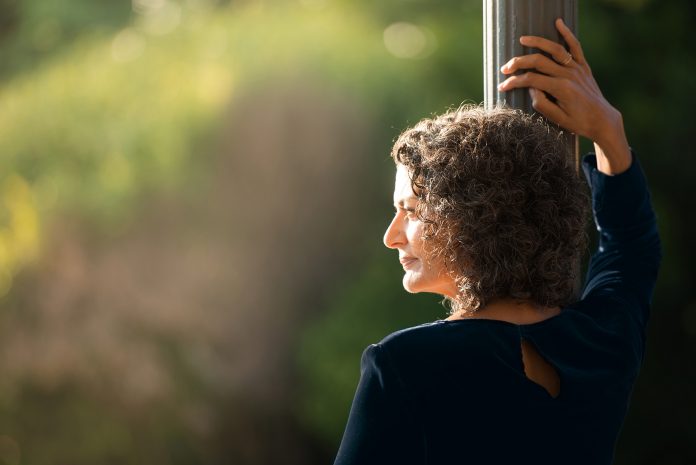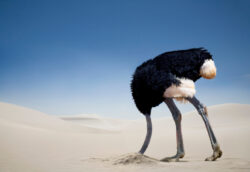As doctors, we have a tendency to diagnose and treat ourselves when we become ill, which is understandable, but this can get us into awful trouble, and we cannot overstate the importance of having your own doctor, even when you are one.
Doctors are not immune from illness and disease, which may surprise those of us who think we are superhuman, and according to the beyondblue study, we in fact have higher rates of psychological distress and attempted suicide than both the general population, and other professionals.
We look at ourselves through a lens that is not always crystal clear, and allowing another person to see us and get to know us is both a beautiful thing to do, and offers an opportunity for them to reflect to us and help us see when we are not doing so well.
I know that I have been ill on several occasions in my life, and the times when I sought help went well, and the times when I did not, did not.
We tend to minimise our problems or exaggerate them, overtreat or undertreat ourselves, and delay seeking help for all manner of reasons, until our problems become catastrophic and stop us in our wayward tracks.
We have reasons for this:
- We think we are too busy to take time out to see a doctor
- We have the tools at our disposal to diagnose and treat ourselves
- We do not want to embarrass ourselves by admitting we are not well and need help, for we see this as a personal failure.
I feel this last point is the main stumbling block, especially when it comes to illnesses such as burnout, anxiety, depression and substance addiction.
I know that when I was struggling with depression and alcohol dependency in my younger days, I was most reluctant to seek help, and only did so when in extremis and with a loving shove from dear friends.
It is not easy to admit we are not doing well and there are valid reasons for this:
- We fear we will lose our licence to practice
- We fear we will lose our training position or our job
- We fear being stigmatised and rejected by colleagues
- We are so attached to being doctors, having worked so hard to get there, that we cannot imagine life without being a doctor.
This last point, our extreme identification with our chosen profession, can potentially be fatal and I feel it underlies the current epidemic of suicide we are collectively experiencing.
We are so invested as doctors in being doctors and the many years of training have not really left us fit to practise anything but medicine. If we find it overwhelming, exhausting, and no longer enjoyable, we are not able to see any other way out, for we cannot imagine ourselves doing anything else.
I have lost dear friends to suicide, and this has been a theme for them; that they can no longer stay in medicine, and they cannot imagine life without it.
Nothing is more important than our health and wellbeing. Not even medicine.
We are not indispensable. The world will not stop turning if we become ill and need to rest and take time off work. This will cause far less devastation in the short and the long term than killing ourselves and leaving our loved ones to pick up the pieces and our colleagues to pick up our work.
The world will not be better off without us, no matter what we have done or have not done.
And we, as people, who just happen to be doctors too, are equally deserving of care, of compassion, of being treated just like anyone else when it comes to illness and disease.
Perhaps if we were to shine the light of compassion onto ourselves as willingly as we do onto our patients, then we would treat ourselves with greater care and be healthier people and may even be greater doctors than we already are. For in truth, the care and compassion we have for others can only be as great as the care we have for ourselves.









